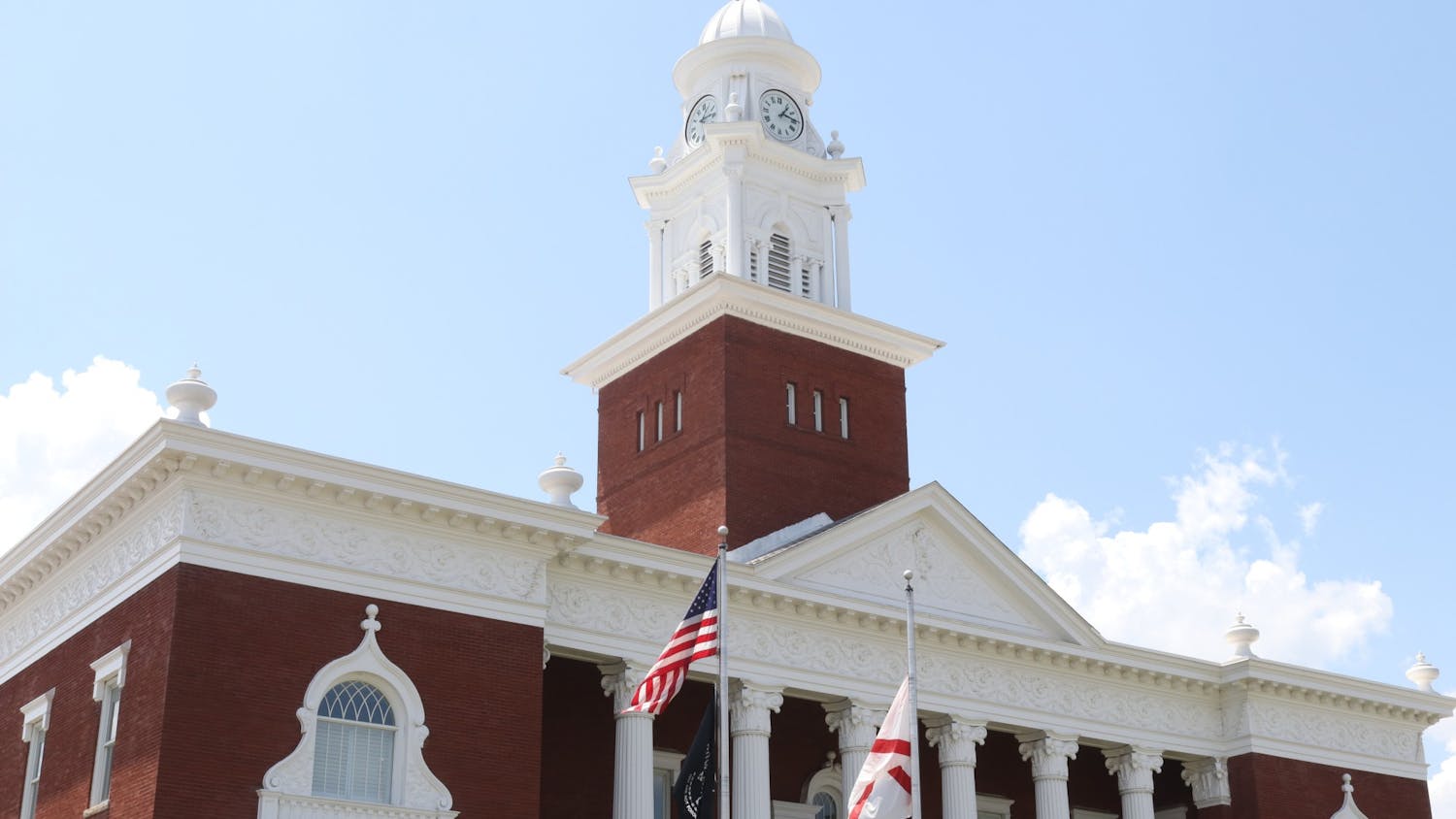The heart pounds, the body trembles involuntarily, the voice quivers and breath falls short. These symptoms are commonplace in one of the most feared classes in college: public speaking.
The fear of public speaking is called glossophobia. Fear of oration is ranked above that of death and second only to arachnophobia, according to phobias-help.com.
"Some people think their nervousness is unique to them," said Josh Hillyer, public speaking professor. "Everybody's in the same boat with public speaking class. And the beauty of that is you have 20 or so other people in the same situation."
Speech anxiety may not be unique to each individual, but students' speech preparations can be. Some do breathing techniques and some have a more ritualistic approach.
"I had a student," Hillyer said, "who walked outside before his speeches and jumped up and down for like an adrenalin rush before a sporting event. He seemed to do well. I wouldn't say I recommend that, but it worked for him. It got his nerves in a good spot for him."
Some students recognize practice makes perfect.
"I had to go over my speeches again and again," said Cindy McMithchen, junior in psychology. "I'm not memorizing, just becoming familiar."
Hillyer seemed to favor approaches along this line.
"I see students all the time that make that jump, from reading a lot to being great, extemporaneous speakers," Hillyer said. "They think of phrasing on the fly but still have notes as a structure."
Even when President Obama is speaking, he reads from two prompters on his left and right. Some students think they're going to have to memorize a six-minute speech in public speaking class.
"I don't want anybody to memorize a speech," Hillyer said. "I expect there to be notes. I just want it to be organized."
Some students postpone taking the class to become mentally prepared. The best thing students can do is to practice - to get experience doing it instead of avoiding the situation, Hillyer said.
"I'm scared," said Alicia Suits, junior in physical therapy. "I've been putting it off until the end."
Making speeches in class can help later. In the business world people expect the people who represent them to speak well. Employees may have to hold a meeting or introduce a new product to companies they're working with.
"People have to be able to present things for the company, even if it is a little five minute speech," Hillyer said. "They want to know the speaker knows how to organize his or her thoughts. They want to know the company will be represented well, and not by somebody just reading a document the whole time."
So if public speaking is a scary prospect, think about these three things: it can be beneficial; it's scarier than rattlesnakes, according to Web MD; and students usually survive.
Do you like this story? The Plainsman doesn't accept money from tuition or student fees, and we don't charge a subscription fee. But you can donate to support The Plainsman.




